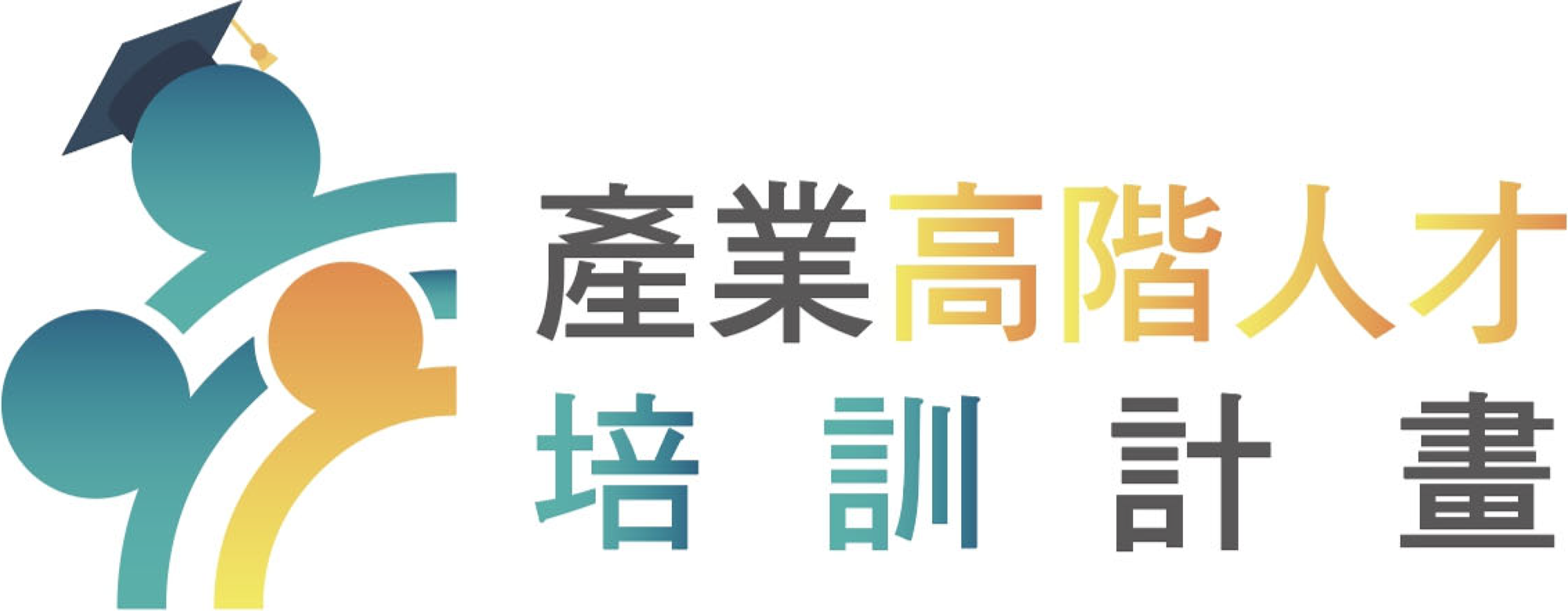網站標題
Industrial Spotlight產業趨勢
Industrial Spotlight 產業焦點
Taiwan's industrial dynamics have been evolving in recent years, influenced by global economic trends, digital transformation, geopolitical factors, and technological innovation. Known for its flexibility, innovation capabilities, and technology-intensive industries, Taiwan has earned a global reputation, especially in the semiconductor, electronics manufacturing, and information technology sectors. This article will explore Taiwan's key industrial trends, challenges, and future potential.
台灣的產業動態近年來持續演變,受到全球經濟趨勢、數位轉型、地緣政治因素及技術創新的影響。台灣以其靈活性、創新能力和技術密集型產業聞名,尤其在半導體、電子製造和資訊技術領域享譽全球。本文將探討台灣的關鍵產業趨勢、面臨的挑戰及未來發展潛力。
1. Key Industrial Trends in Taiwan 台灣的關鍵產業趨勢
1.1. Global Leadership in the Semiconductor Industry
Taiwan's semiconductor industry is one of the most competitive in the world, particularly in wafer foundry services. Taiwan Semiconductor Manufacturing Company (TSMC) is one of the world's leading semiconductor manufacturers, with advanced process technologies such as 3nm and 5nm. It serves major global tech companies like Apple, Intel, and Qualcomm. TSMC's success has not only solidified Taiwan's key role in the global technology supply chain but also fueled the prosperity of the local tech industry.
1.2. Rapid Growth of the Green Energy Industry
As global attention on climate change increases and demand for renewable energy grows, Taiwan's government has actively promoted energy transition, setting a target to achieve net-zero carbon emissions by 2050. The solar and wind energy sectors, especially offshore wind projects, have become focal points of Taiwan’s energy policies. Taiwan’s coastline and marine wind resources have attracted significant investment and cooperation from international energy companies, resulting in a complete supply chain covering design, manufacturing, installation, and operation.
1.3. Information Technology and Digital Transformation
Taiwan’s information technology (IT) industry has been a key driver of economic growth, encompassing hardware manufacturing, software development, digital content, and cloud services. With the rise of the global digital economy, Taiwanese companies have made significant strides in digital transformation, transitioning from traditional manufacturing to smart manufacturing and digital services. Technologies such as the Internet of Things (IoT), big data analytics, artificial intelligence (AI), and machine learning have been widely adopted in the manufacturing sector, improving production efficiency and quality.
1.1 半導體產業的全球領導地位
台灣的半導體產業是全球競爭力最強的領域之一,特別是在晶圓代工服務方面。台灣積體電路製造公司(TSMC)為全球領先的半導體製造商之一,擁有3奈米與5奈米等先進製程技術,並為蘋果(Apple)、英特爾(Intel)和高通(Qualcomm)等國際科技巨頭提供服務。TSMC的成功不僅鞏固了台灣在全球科技供應鏈中的核心地位,也促進了當地科技產業的蓬勃發展。
1.2 綠色能源產業的快速成長
隨著全球對氣候變遷的關注提升以及對再生能源的需求增加,台灣政府積極推動能源轉型,並設定2050年達成淨零碳排的目標。太陽能與風能產業,特別是離岸風電計畫,成為台灣能源政策的重點。台灣的海岸線與海上風力資源吸引了國際能源企業的大量投資與合作,形成涵蓋設計、製造、安裝與營運的完整供應鏈。
1.3 資訊技術與數位轉型
台灣的資訊技術(IT)產業長期以來是經濟成長的重要驅動力,涵蓋硬體製造、軟體開發、數位內容與雲端服務。隨著全球數位經濟的崛起,台灣企業在數位轉型方面取得顯著進展,逐步從傳統製造業轉向智慧製造與數位服務。物聯網(IoT)、大數據分析、人工智慧(AI)與機器學習等技術已被廣泛應用於製造業,提高生產效率與品質。

2. Challenges Faced by Taiwan's Industries 台灣產業面臨的挑戰
2.1. Global Supply Chain Instability
The increasing tension in global geopolitics, especially the U.S.-China trade war and the COVID-19 pandemic, has created significant challenges for the global supply chain. As a critical player in the global technology supply chain, Taiwan’s economy, which relies heavily on exports, is highly sensitive to disruptions. The semiconductor industry, in particular, is essential, as the world depends on companies like TSMC. Taiwan must carefully manage supply chain risks and enhance resilience by diversifying markets and partners to reduce dependence on any single country.
2.2. Talent Shortage
The rapid growth of high-tech industries has led to a surge in demand for skilled professionals, but the supply of high-end talent in Taiwan is relatively limited. Although Taiwan has a robust higher education system, there are still challenges in nurturing talent for innovation and international competitiveness. The demand for research and development (R&D) personnel in areas like semiconductors and AI has intensified competition between domestic and foreign enterprises. The government and companies have begun promoting industry-academia collaboration, local talent development, and attracting overseas professionals, but bridging the talent gap remains a critical issue.
2.3. Pressure for Industrial Upgrade and Transformation
As global economic transformation accelerates, traditional industries in Taiwan, such as textiles and steel, face intense competition. Many traditional industries are actively exploring digital transformation and smart manufacturing to maintain competitiveness. However, the transformation process involves high investments in technology and equipment, and it requires management teams and employees capable of adapting to change. For many small and medium-sized enterprises (SMEs), this presents a significant challenge. The government plays a crucial role by providing financial, technical, and policy support to help businesses undergo transformation.
2.1 全球供應鏈的不穩定性
全球地緣政治緊張局勢加劇,尤其是美中貿易戰與COVID-19疫情,使全球供應鏈面臨嚴峻挑戰。作為全球科技供應鏈的關鍵角色,台灣經濟高度依賴出口,因此對供應鏈的中斷格外敏感。尤其是半導體產業,全球對TSMC等企業的依賴程度極高。台灣必須謹慎管理供應鏈風險,透過市場與合作夥伴的多元化來降低對單一國家的依賴,提升產業韌性。
2.2 人才短缺問題
高科技產業的快速成長帶動對專業人才的需求激增,但台灣在高端人才供應方面相對不足。儘管台灣擁有完善的高等教育體系,但在培育創新及具國際競爭力的人才方面仍面臨挑戰。特別是在半導體與AI等領域,對研發人才的需求持續增加,使得本土與國際企業之間的競爭加劇。政府與企業已開始推動產學合作、本土人才培育以及吸引海外專業人才,但要彌補人才缺口仍需長期努力。
2.3 產業升級與轉型壓力
隨著全球經濟轉型加速,台灣的傳統產業(如紡織與鋼鐵)面臨激烈競爭。許多傳統產業積極探索數位轉型與智慧製造,以維持競爭力。然而,轉型過程涉及高額的技術與設備投資,並要求管理團隊與員工具備適應變革的能力。對於許多中小企業而言,這是一項重大挑戰。政府在提供財務、技術與政策支持方面扮演關鍵角色,以協助企業成功轉型。

3. Future Development Potential 未來發展潛力
3.1. Artificial Intelligence and Technological Innovation
With the rise of global technological innovation, emerging technologies such as AI, blockchain, and 5G communication present enormous potential for Taiwan’s industries. Taiwan's strong foundation in hardware manufacturing positions it well for collaboration with global tech companies in developing new technologies. In particular, Taiwan’s AI development is not only focused on research and development but also on applying AI in sectors like healthcare, finance, and manufacturing, thus driving industrial upgrades.
3.2. Internationalization and Market Diversification
Taiwan’s industries are becoming increasingly internationalized, with companies actively exploring emerging markets in Southeast Asia, Europe, and beyond. This helps reduce dependency on a single market and increases the resilience and adaptability of Taiwanese businesses. Taiwan has signed economic cooperation agreements with several countries and regions and actively participates in international economic organizations, providing strong support for corporate internationalization.
3.3. Green Economy and Sustainable Development
In the coming years, the green economy will be a major focus for Taiwan’s industrial development. As the issue of climate change becomes more pressing, the Taiwanese government is promoting low-carbon economic strategies and sustainable development, supporting companies in developing and applying green technologies. Especially in high-carbon-emission industries like energy, transportation, and manufacturing, companies are shifting toward low-carbon technologies to meet international demand for environmentally friendly products. This creates significant growth opportunities for Taiwan’s environmental protection and green technology industries.
3.1 人工智慧與技術創新
隨著全球科技創新加速發展,人工智慧(AI)、區塊鏈與5G通訊等新興技術為台灣產業帶來巨大潛力。台灣在硬體製造領域的深厚基礎,使其有良好條件與國際科技企業合作,共同開發新技術。特別是在AI領域,台灣不僅專注於研發,也將AI技術應用於醫療、金融與製造業,推動產業升級。
3.2 產業國際化與市場多元化
台灣產業正加速國際化,企業積極拓展東南亞、歐洲等新興市場,以降低對單一市場的依賴,提升企業韌性與適應能力。台灣已與多個國家及地區簽署經濟合作協議,並積極參與國際經濟組織,為企業的國際化提供有力支持。
3.3 綠色經濟與永續發展
未來幾年,綠色經濟將成為台灣產業發展的重要方向。隨著全球氣候變遷問題日益嚴峻,台灣政府積極推動低碳經濟戰略與永續發展,並支持企業發展與應用綠色技術。特別是在能源、運輸與製造等高碳排產業,企業正逐步轉向低碳技術,以符合國際市場對環保產品的需求,這將為台灣的環保與綠色科技產業創造重大成長機會。

Conclusion 結論
Overall, Taiwan’s industrial dynamics demonstrate high flexibility and innovation capabilities amid global economic shifts. Despite challenges such as global supply chain risks, talent shortages, and industrial transformation pressures, Taiwan has the potential to maintain its critical role in the global economy through continued technological innovation, internationalization strategies, and government policy support. Industrial upgrading and digital transformation will be key to future growth, and the promotion of the green economy offers new opportunities. In this context, Taiwan can not only maintain its competitiveness in the global market but also contribute more significantly to the global economy.
整體而言,在全球經濟變動的背景下,台灣的產業展現出高度的靈活性與創新能力。儘管面臨全球供應鏈風險、人才短缺與產業轉型壓力等挑戰,台灣仍有潛力透過持續的技術創新、國際化策略與政府政策支持,維持其在全球經濟中的關鍵角色。產業升級與數位轉型將是未來成長的關鍵,而綠色經濟的推動亦帶來新的機遇。在此背景下,台灣不僅能夠維持全球市場的競爭力,亦能為全球經濟做出更大貢獻。
